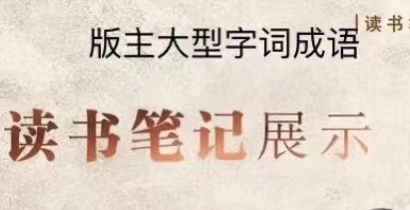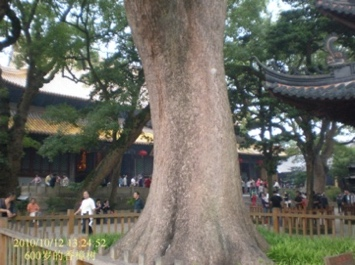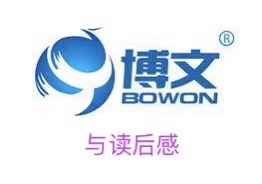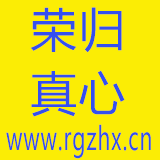阅读理解二则
宋德富 张美兰选编
I.The man from the Government
The people of the village of Tardov were waiting for a man from the Government(政府). Important men from the big city always wore a white shirt and a black jacket. This man was coming to look at the village, and write a report for the Government, saying how fine the farms were and how hard the people worked. Tardov dreamed(做梦)that good times were on the way,
A man came to the village wearing a white shirt and a black jacket. The Chairman (主席) of the village gave him the best room in the hotel, and paid for all his meals. He took him to a11 the farms round about, and the farmers' wives gave him presents of eggs, milk and cheese(干酪)。Then the Chairman took the man to his own house, and gave him dinner. They ate fish, meat and vegetables, cakes and other sweet things, and drank the Chairman’s best wines (酒), for three hours and more. The man enjoyed himself, and he laughed.
After two days, the man left the village with his pockets and his bag full of good things. Then another man arrived, wearing a white shirt and black jacket. And the first words he said were: “Good morning, I am from the Government.”
Note ...the man left the village with his bag full of good things. 那人离开了庄子,衣服口袋及他的包里装满了好东西。
Choose the best of the four answers according to the passage.
1. Tardov was________.
A. a big city and the people there were in white shirt and black jackets
B. a village and the people there were expecting (盼望)a man from the government
C. a village and there lived important people
D. an important man and he liked to wear a white shirt and black jacket
2. The man was going to ________.
A. write a report to the village about the government
B. work hard on the fine farms in the village
C. look at the village and write a report about it
D. dream about good times and the fine farms of Tardov
3. The head of the village________.
A. gave the man a hotel room, and free meals in his own house
B. gave him the hotel and bought him meals
C. paid for all the eggs and cheese
D. gave the man the best room in his owe house
4. When the head of the village took the man to the farms________.
A. the farmers' wives gave him presents of food
B. he gave him presents of eggs. milk and cheese
C. everybody worked very hard making milk and cheese
D. the man wrote a report about all the presents to the government
5. Which one of the following is wrong?
A. The first man was not from the government.
B. The second man came from the government.
C. The head of the village didn't know that he was fooled until the second man came.
D. only the Chairman himself thought the first man was from the government.
Keys:
1. B. 2. C. 3. B. 4. A. 5. D
阅读理解二则(2)
II. Languages Spoken in Switzerland
Switzerland is a small country in central Europe. The total land area of this tiny country is only 15,941 square miles. The estimated (被估计的) population of this European nation in 1994 was 6.392.000.
Because this nation is so small, you might think that there is only one national language. However you would be incorrect because there are three official languages. They are German, French and Italian. As a result Switzerland has three official names. Schweiz(in German), Suisse (in French) and Svizzera (in Italian). All national laws are published in three languages.
The three official languages plus Romansch (罗曼语) are the four national languages spoken in Switzerland. If you look on Swiss coins(硬币)or postage stamps you will not find the name for this country in any of the national languages. Instead. you will find the word Helvetia(赫尔维希亚), the Latin name for this country.
根据短文内容,选择最佳答案,回答问题或完成句子。
1. Many people in Switzerland speak German, only a very few speak________.
A. French B. Helvetia. C. Romansch D. Italian
2. Italian is ________.
A. an official language
B. a national language
C. both A and B
D. a non-official language
3. Which of the following names of Switzerland is non-official?
A. Schweiz B. Suisse. C. Swizzera D. Helvetia
4. The four national languages spoken in Switzerland are _________.
A. English, German, French and Italian
B. German, French, Italian and Latin
C. Romansch, German, French and Latin
D. German, French, Italian and Romansch
5. On Swiss coins, you will find the name________.
A. Romansch B. Helvetia
C. Switzerland D. Suisse
答案:1. C. 2. C. 3. D. 4. D. 5. B
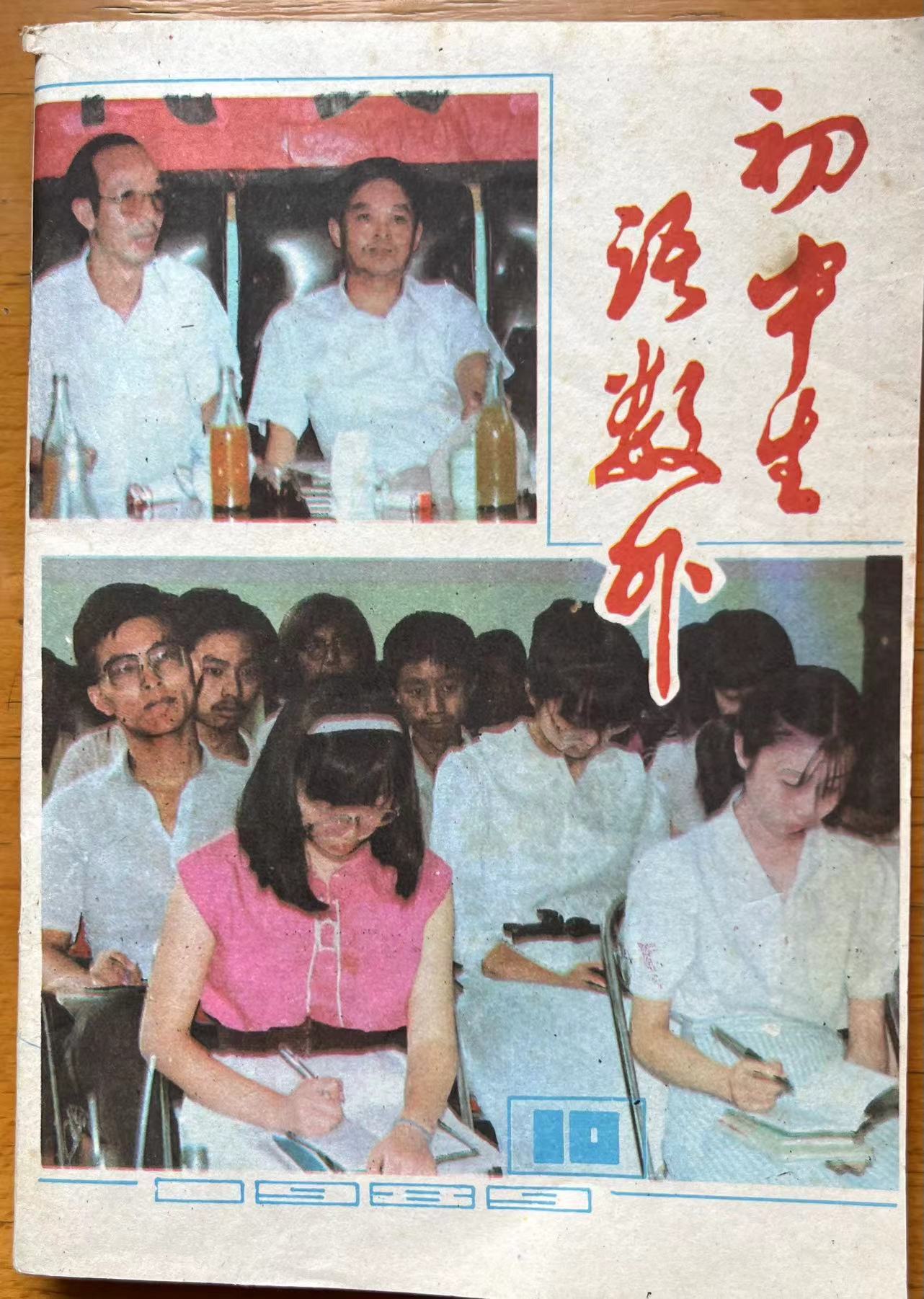
湖北省教学研究室《初中生语数外》10/1989
初中生语数外10/1989



